Healing Foods


Eat, Drink, and Be Healthy
Healthy food is the medicine we give our bodies every day. It can’t cure what ails you, but certain foods have the power to soothe symptoms and give your body a boost when you have specific illnesses or injuries. Help yourself to these healing foods.
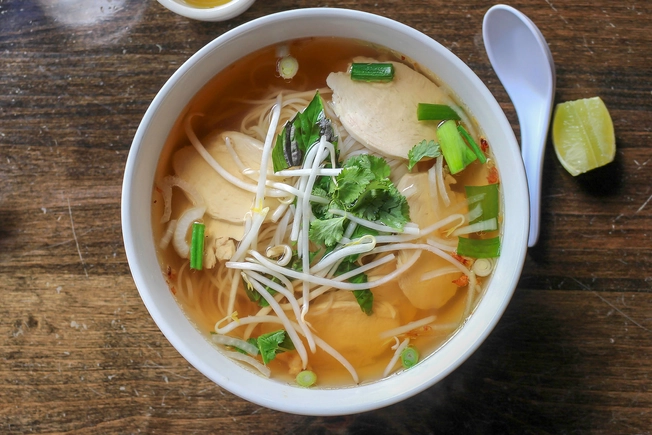
Chicken Pho
This Vietnamese soup packs more healing power than old-fashioned chicken and noodles when it comes to colds. Chicken pho (pronounced “fuh”) also packs the anti-viral power of star anise and the anti-inflammatory properties of cardamom and cinnamon. It has antioxidants in the form of goji berries and coriander seeds. Jalapenos bring calcium and vitamins A and C -- along with some nose-clearing spice.
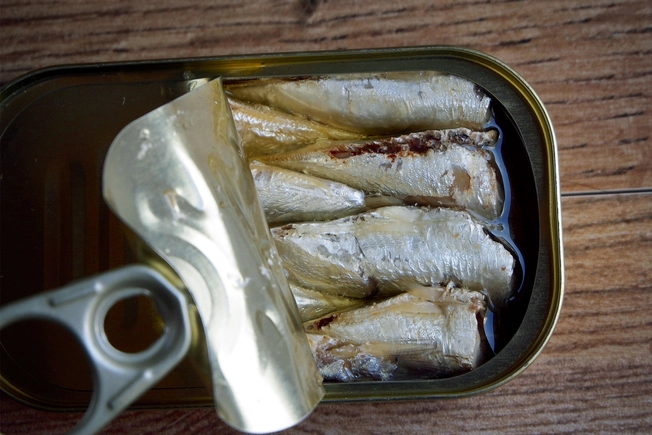
Sardines
Sardines may not be the sexiest fish at the supermarket, but their little bones may help your broken bones heal faster. Usually packed into small tins with water, olive oil, or tomato juice, these tiny fish are full of calcium and vitamin D. They also have more bone-strengthening omega-3 fatty acids than most other fish. Bonus: Sardines are caught wild and young, which means their mercury levels are low.
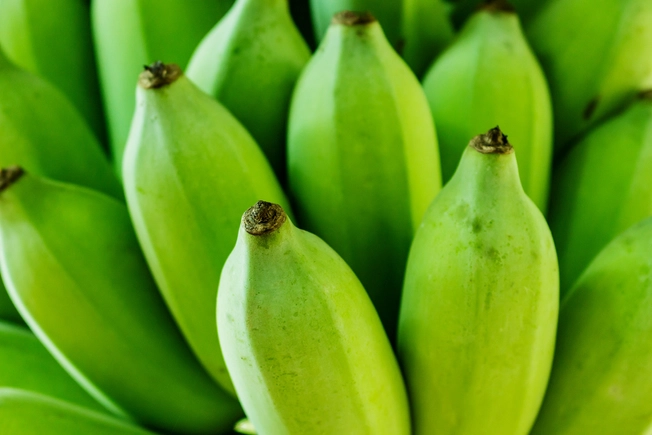
Unripe Bananas
Green bananas have a secret superpower: They’re great for diarrhea. They contain resistant starch, which means it doesn’t let your small intestine absorb it quickly. Instead, it feeds good bacteria in your digestive tract and tells the bad bacteria to get out. Bananas are also full of electrolytes like potassium, which can help you replace what you’ve lost.
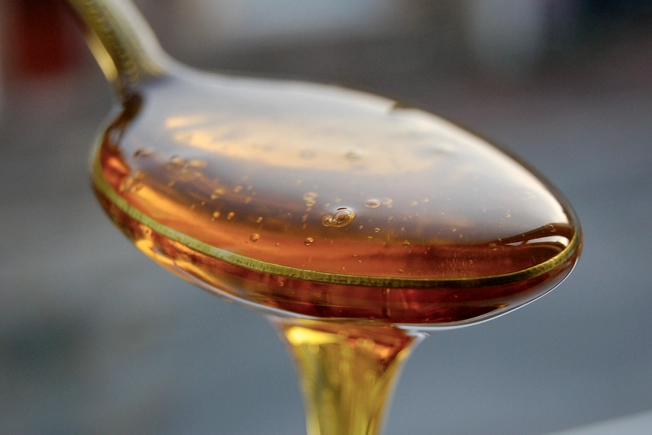
Honey
Skip the honey-flavored lozenges and treat your cough with the real thing. Honey lessens inflammation, soothes pain, and kills bacteria. It’s also full of antibodies that fight viral infections. It’s packed with vitamins like niacin and vitamin C, and minerals like calcium and iron, for a healthy boost of energy. Add 2 tablespoons to warm water or tea for a natural cough suppressant with big benefits.
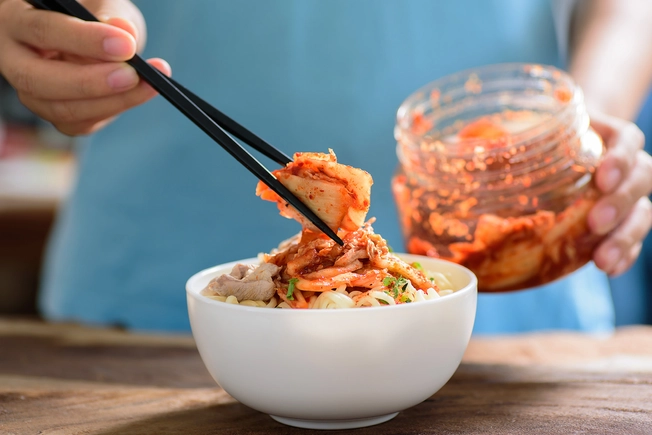
Kimchi
This traditional Korean dish may end your gas and bloating. It’s a spicy mix of vegetables like napa cabbage and radishes that are fermented, or preserved with natural good bacteria. When you eat it, it loads your gut with good bacteria, also called probiotics, and moves out bad bacteria that can cause belly distress. Some kinds of sauerkraut and pickles have the same effect: Look for the words “naturally fermented” on the label.
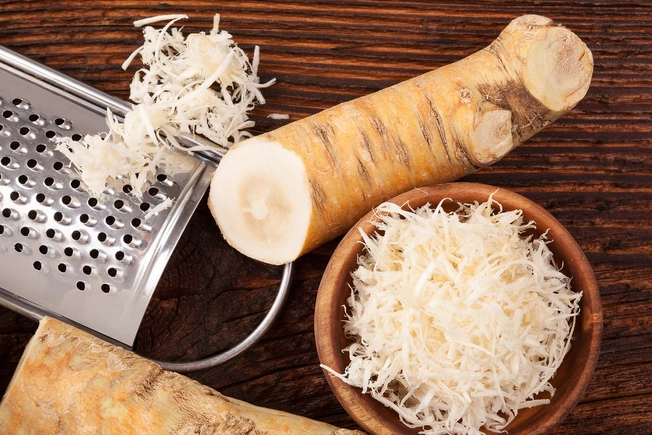
Horseradish
This cousin of mustard, onion, and garlic is anything but subtle. When you grate horseradish, it crushes the cells of the root. This releases the oils that bring out its signature heat. Even a small dab can make your eyes water and nose run. That’s great news if you have sinus or nasal issues: Horseradish moves out mucus that attracts bacteria if it stays in your system too long. Same for the green mound of wasabi that comes with sushi.

Coffee
When you have a headache, the blood vessels that feed your brain get tight, then enlarge and press against your nerves. That’s what causes the throb in your head. The caffeine in coffee, black tea, and chocolate causes your blood vessels to go back down in size. Don’t take this as permission to guzzle down cup after cup: You can also get a withdrawal headache after you have too much caffeine.
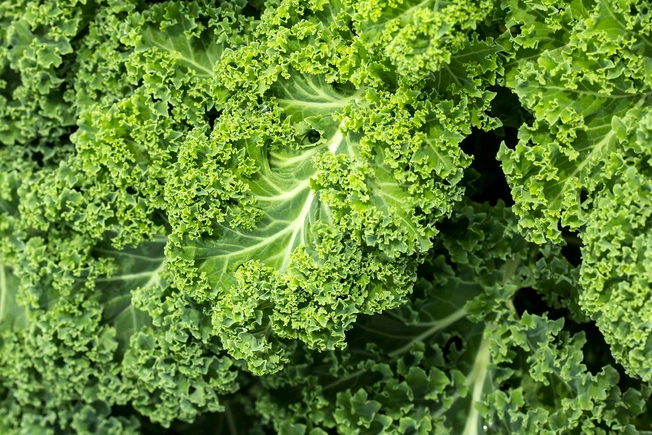
Kale
Small scrape? Knife cut? Start healing yourself with kale or other dark, leafy greens like spinach, broccoli, and collard and turnip greens. They have high amounts of the essential nutrient vitamin K, which helps your blood cells group up and clot. Not only does this stop you from losing more blood; it also protects your wound. K also helps your body build healthy bone tissue.
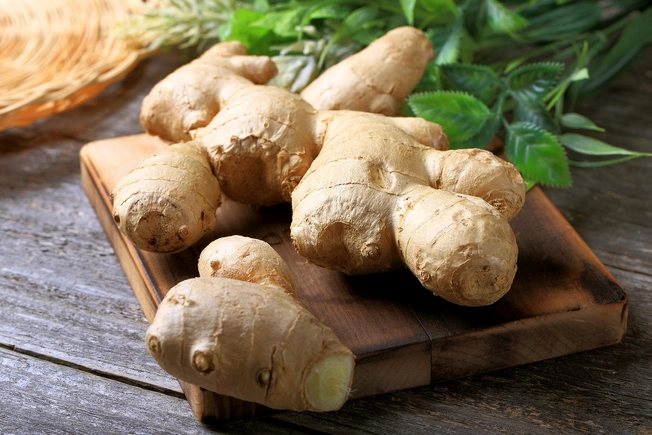
Ginger
Whether you love or hate the spicy bite of ginger, it’s great for your stomach. The root of the ginger plant has compounds called gingerols. They block the receptors in your digestive tract that cause nausea. Use it to treat morning sickness, motion sickness, and post-surgery or chemotherapy-related stomach issues. Ginger comes in many forms, including candied, dried, fresh, pickled, powdered, and ground.

Herbal Tea
Soothe your sore throat with a warm cup of herbal tea. If your throat hurts, peppermint tea has natural numbing qualities. Clove and green tea fight bacteria. Raspberry-flavored tea reduces inflammation. Chamomile will lubricate your throat: Drink it if you’re hoarse. Whatever you choose, make sure it’s decaf so you’re able to rest and sleep.
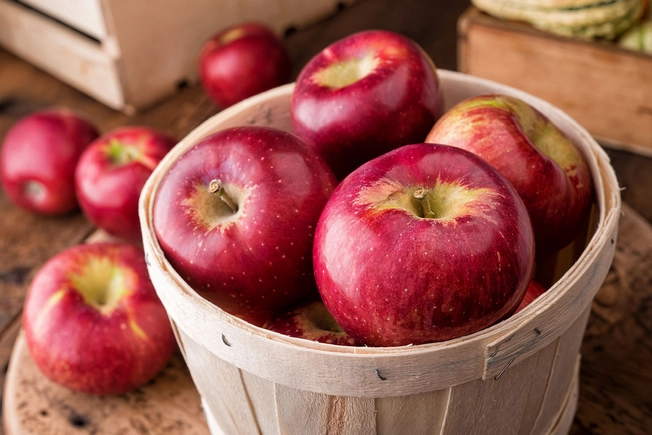
Apples
You know what they say about apples -- and with good reason. Apples have high amounts of pectin, a soluble fiber in the walls of its cells. If you’re constipated, it gets your bowels moving. And if you have diarrhea, it reduces inflammation and helps firm up your bowel movements. To get the most fiber, leave the skin on. Other naturally high-fiber foods include raspberries, cooked artichokes, and Brussels sprouts.
